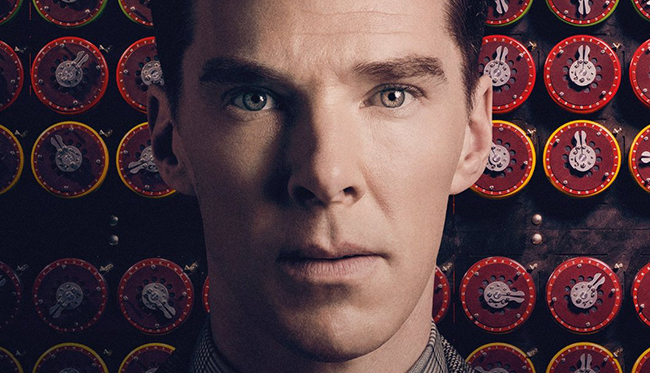
The Imitation Game Review
 Alan Turing (Benedict Cumberbatch) is a brilliant mathematician called in to work with the cryptography team after Britain goes to war with Germany in 1939.
Alan Turing (Benedict Cumberbatch) is a brilliant mathematician called in to work with the cryptography team after Britain goes to war with Germany in 1939.
Alan’s abrupt and superior attitude offends his co-workers and on various occasions threatens to end his time with the department if it were not for the advances he takes them in cryptography. Turning also is harbouring the secret of his sexual preference which also threatens to (and eventually does) brings his world come crashing in upon him.
Cumberbatch is used to playing the bright social outcast thanks to her returned work with Sherlock on the small screen. As Alan Turning he reaches all new levels with a pronounced dialect and various body and facial tics. It’s no wonder he was up for so many of the big awards this year. But to Cumberbatch from an Audience perspective this sort of role is expected and seems perhaps too much like a breeze to us.
Much less effective and perhaps barely important to the plot as we know it is Keira Knightley’s character who enters the film late on and exists with barely much to do in the film. Any tension the film was supposed to have as a thriller is undercut with scenes featuring her is a limp attempt to dramatise Turnings plight in life. This was already made a fine job of through Cumberbatch’s performance as with the characters based around him at work.
The dramatic interludes are also the source of The Imitation Game not really being much in the way of a thriller. Sure they are code breakers – but this is a drama about a man living out of time with social issues that are still very much prevalent today. To approach the film any other way would be a mistake. It’s a fine drama, but flawed due to the need to pretend to be something it isn’t – much like its protagonist.
Steven Hurst
